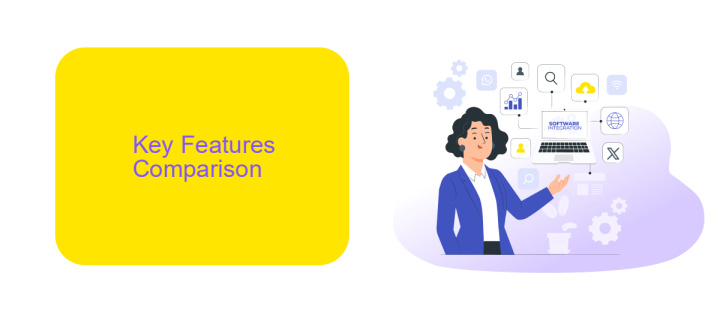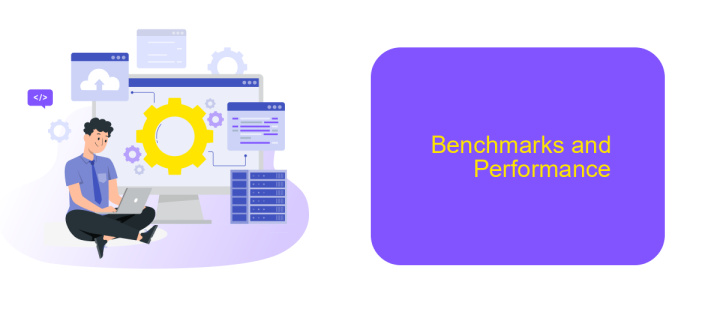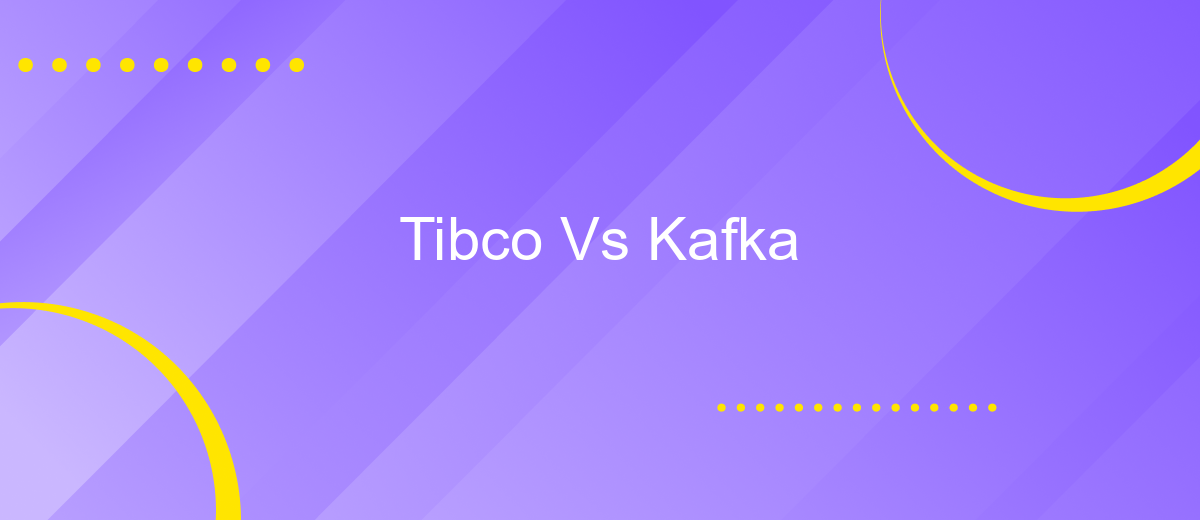Tibco Vs Kafka
In the rapidly evolving landscape of data integration and real-time analytics, choosing the right messaging platform is crucial. This article delves into a comparative analysis of Tibco and Kafka, two leading solutions in the industry. By examining their features, performance, and use cases, we aim to provide a clear understanding of which platform might best suit your organizational needs.
Introduction
In today's fast-paced digital landscape, businesses require robust and efficient data streaming solutions to handle real-time data processing and integration. Two prominent players in this field are Tibco and Kafka, each offering unique features and capabilities that cater to different business needs. Understanding the differences between these platforms is crucial for making an informed decision on which solution best fits your organization's requirements.
- Tibco: Known for its comprehensive integration capabilities and user-friendly interface.
- Kafka: Renowned for its high throughput and scalability, ideal for large-scale data streaming.
- ApiX-Drive: A versatile service that simplifies the integration process, making it easier to connect various platforms and automate workflows.
Choosing between Tibco and Kafka depends on various factors such as the scale of data, integration needs, and ease of use. While Tibco offers a more integrated approach with extensive support, Kafka excels in handling massive data streams with low latency. Additionally, leveraging services like ApiX-Drive can further streamline the integration process, ensuring seamless connectivity and automation across different systems.
Key Features Comparison

When comparing Tibco and Kafka, one of the key features to consider is their messaging models. Tibco primarily uses a publish-subscribe model, which is highly efficient for real-time data distribution and complex event processing. Kafka, on the other hand, excels with its distributed streaming platform, capable of handling high-throughput data streams with low latency. Kafka’s partitioned log model allows for scalable and fault-tolerant data storage, making it ideal for large-scale data processing.
Another important aspect is integration capabilities. Tibco offers robust integration tools that support a wide range of protocols and applications, making it a versatile choice for enterprise environments. Kafka, while powerful, often requires additional setup and configuration for seamless integration. Services like ApiX-Drive can simplify this process by providing user-friendly interfaces and automation for integrating Kafka with other systems. This can significantly reduce the time and effort needed to set up and maintain integrations, enhancing overall efficiency.
Use Cases

When evaluating Tibco and Kafka, it's crucial to understand their use cases to determine which platform best fits your needs. Both technologies serve different purposes and excel in various scenarios.
- Real-time Data Processing: Kafka is ideal for applications requiring real-time data streaming and processing, such as monitoring systems, log aggregation, and event sourcing.
- Enterprise Integration: Tibco excels in enterprise environments where complex integrations and orchestration of multiple services are necessary, particularly in industries like finance and healthcare.
- Data Pipelines: Kafka is often used to build robust data pipelines, enabling the seamless transfer of data between systems and applications in a scalable manner.
- Business Process Management: Tibco offers comprehensive tools for managing and automating business processes, making it suitable for organizations looking to streamline operations.
In addition to these use cases, services like ApiX-Drive can enhance the integration capabilities of both Tibco and Kafka. ApiX-Drive allows for easy configuration of integrations between various applications and services, thereby simplifying the process of connecting different systems and ensuring smooth data flow.
Benchmarks and Performance

When comparing the performance of Tibco and Kafka, it's essential to consider various benchmarks that highlight their strengths and weaknesses. Tibco is known for its robust enterprise integration capabilities, often excelling in environments where reliability and transactional integrity are paramount.
Kafka, on the other hand, is designed for high-throughput and low-latency messaging, making it ideal for real-time data streaming applications. Both platforms have their unique advantages, and the choice between them often depends on specific use case requirements.
- Latency: Kafka typically offers lower latency compared to Tibco.
- Throughput: Kafka can handle higher message throughput, making it suitable for large-scale data pipelines.
- Reliability: Tibco provides more robust transactional support and reliability features.
- Scalability: Kafka's distributed architecture makes it easier to scale horizontally.
In conclusion, both Tibco and Kafka have their own set of strengths that cater to different needs. Tools like ApiX-Drive can help streamline the integration process, allowing businesses to leverage the best features of each platform effectively.
Conclusion
In conclusion, both Tibco and Kafka offer robust solutions for data integration and real-time processing, each with its own set of strengths and weaknesses. Tibco excels in providing a comprehensive suite of tools for enterprise-level integration, making it ideal for complex, large-scale environments. Its extensive support for various protocols and data formats ensures seamless integration across diverse systems.
On the other hand, Kafka shines in scenarios requiring high-throughput, low-latency data streaming. Its distributed architecture and scalability make it a preferred choice for real-time analytics and event-driven applications. For businesses looking to simplify their integration processes, services like ApiX-Drive can be invaluable. ApiX-Drive offers an intuitive platform for automating data flows between different applications, enhancing the capabilities of both Tibco and Kafka by providing seamless connectivity and reducing the complexity of integration tasks.
FAQ
What are the primary differences between Tibco and Kafka?
Which one is better for real-time data processing?
Can Tibco and Kafka be used together in a single architecture?
What are the deployment options for Tibco and Kafka?
How can I automate the integration and configuration of Tibco and Kafka?
Strive to take your business to the next level, achieve your goals faster and more efficiently? Apix-Drive is your reliable assistant for these tasks. An online service and application connector will help you automate key business processes and get rid of the routine. You and your employees will free up time for important core tasks. Try Apix-Drive features for free to see the effectiveness of the online connector for yourself.

